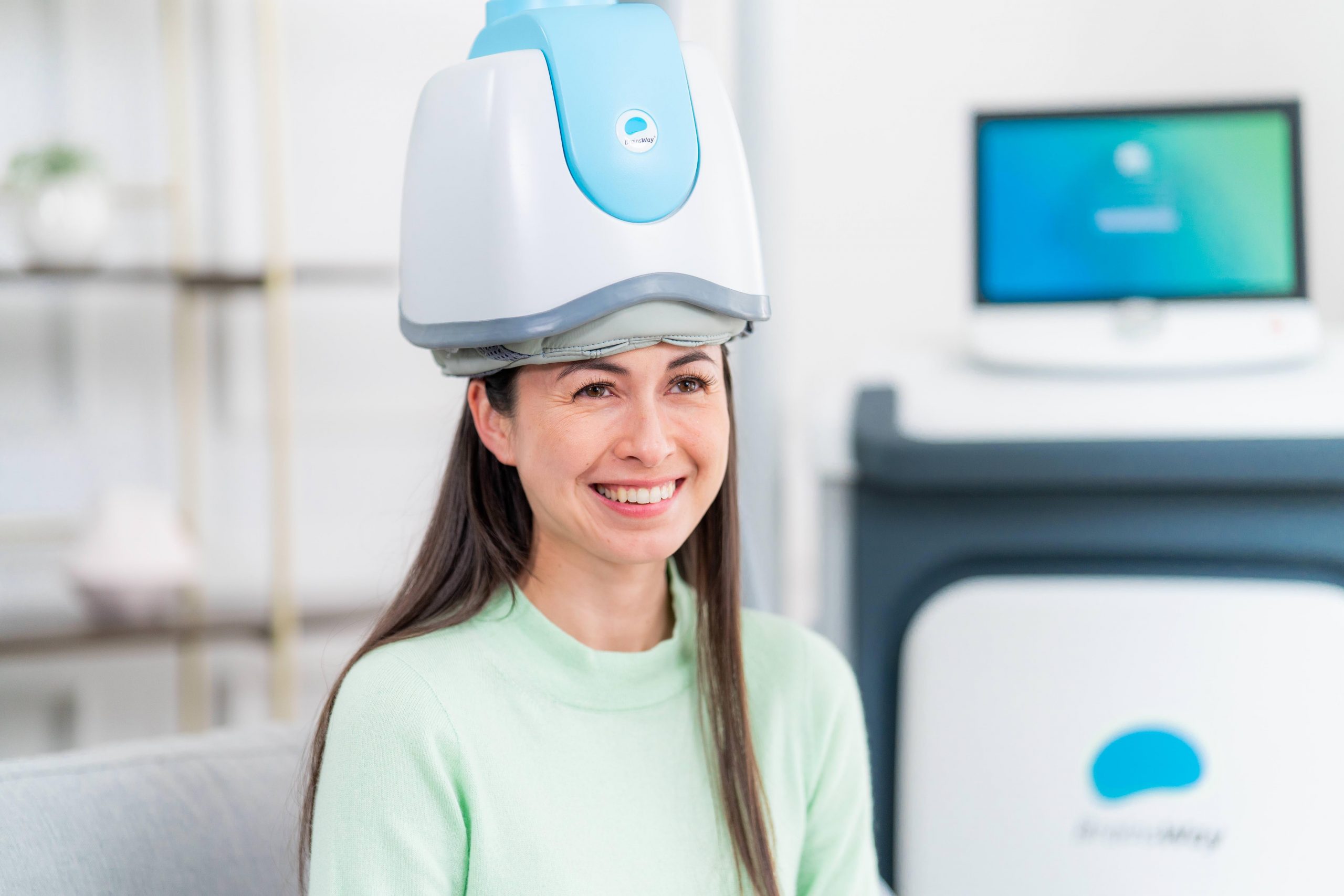Transcranial Magnetic Stimulation (TMS): A New Horizon in Treating Treatment-Resistant Depression, OCD, and Smoking Cessation
Introduction
Transcranial Magnetic Stimulation (TMS) is a non-invasive neuromodulation technique that has been gaining significant attention in the psychiatric community. With the increasing number of patients suffering from treatment-resistant conditions, TMS offers a promising alternative. In this blog, we will delve into how TMS is revolutionizing the treatment of conditions like treatment-resistant depression, Obsessive-Compulsive Disorder (OCD), and smoking cessation.
What is Transcranial Magnetic Stimulation (TMS)?
TMS involves the use of magnetic fields to stimulate nerve cells in the brain. It is performed using a coil placed near the forehead, which generates short magnetic pulses. The aim is to modulate neural activity, thereby alleviating symptoms of various psychiatric disorders.
TMS and Treatment-Resistant Depression
Depression is a debilitating condition affecting millions worldwide. While medications and psychotherapy are effective for some, a significant number of patients do not respond to conventional treatments. This is known as treatment-resistant depression.
How Does TMS Help?
TMS targets specific areas of the brain associated with mood regulation. Clinical trials have shown that TMS can significantly reduce symptoms in patients with treatment-resistant depression. The procedure is generally well-tolerated, with minimal side effects.
TMS and Obsessive-Compulsive Disorder (OCD)
OCD is characterized by persistent, intrusive thoughts (obsessions) and repetitive behaviors (compulsions). Traditional treatments include medication and Cognitive Behavioral Therapy (CBT), but not all patients respond well to these methods.
The Role of TMS in OCD
TMS can target the circuits in the brain responsible for obsessive-compulsive behaviors. Studies have shown that TMS can reduce the severity of OCD symptoms, offering a new avenue for those who have not benefited from traditional treatments.
TMS and Smoking Cessation
Smoking is a challenging addiction to overcome. Nicotine replacement therapies and medications are available, but they are not effective for everyone.
Can TMS Help Quit Smoking?
Emerging research suggests that TMS can help in smoking cessation by targeting areas of the brain associated with addiction and reward. While more research is needed, initial findings are promising.
Conclusion
Transcranial Magnetic Stimulation (TMS) is proving to be a valuable tool in the psychiatric arsenal for treating treatment-resistant conditions. Its non-invasive nature and minimal side effects make it an attractive option for patients who have not found relief through traditional methods.
As research continues, TMS is poised to become a mainstream treatment option, offering hope to those struggling with debilitating psychiatric conditions.
Note: This blog post is for informational purposes only and should not replace professional medical advice. If you or someone you know is experiencing symptoms of depression or Seasonal Affective Disorder, please consult a mental health professional for a comprehensive evaluation and appropriate treatment.




